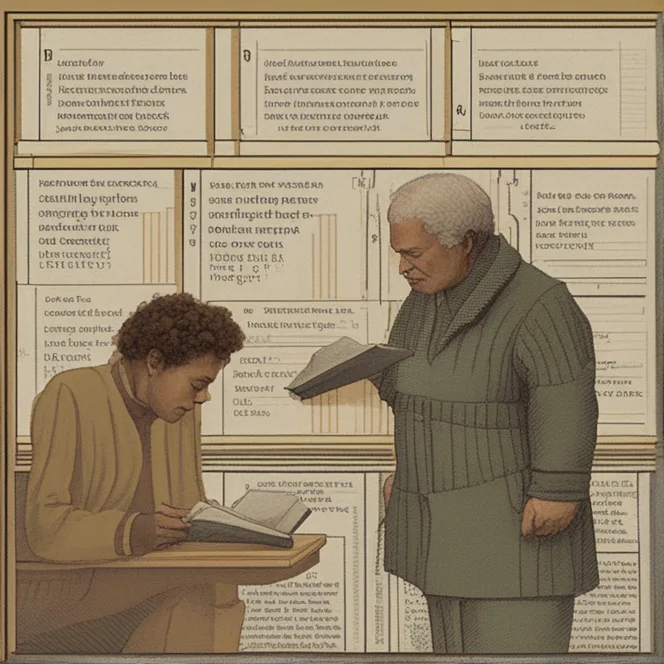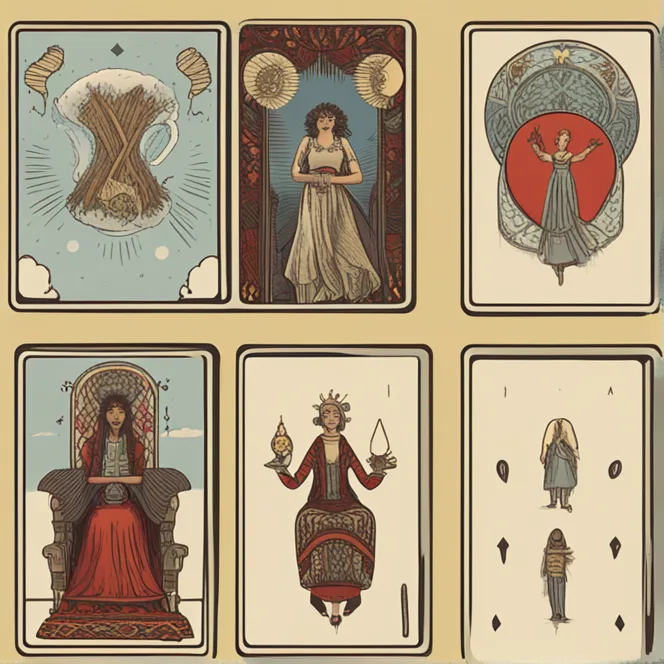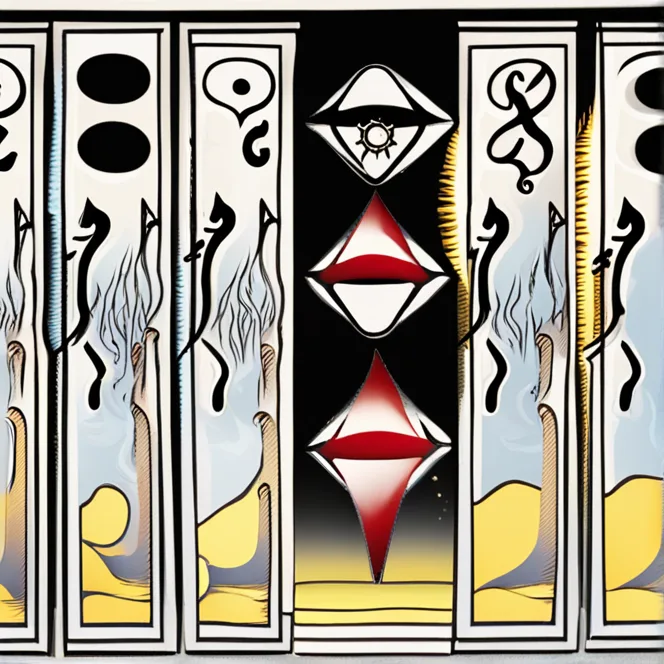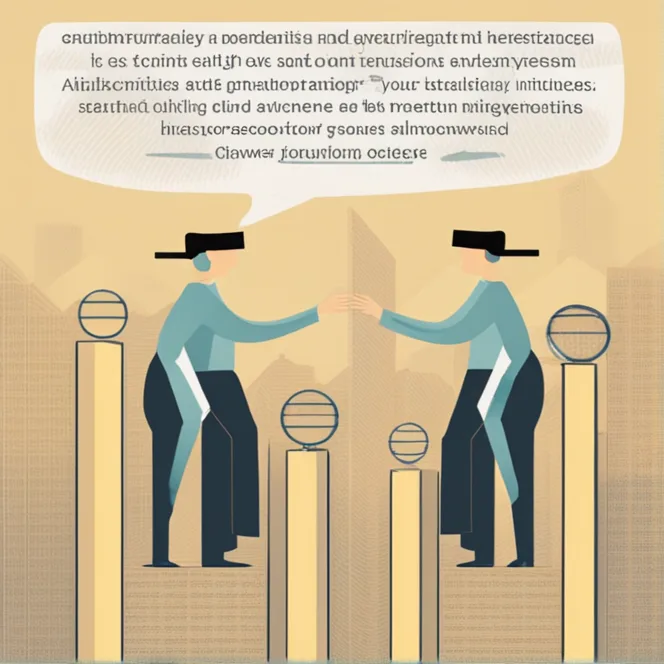
The Nature of Tarot
Tarot cards have been used for centuries as a tool for divination, offering insight and guidance to those seeking answers. The deck is rich with symbolism, each card bursting with meaning and potential interpretations. While some view tarot as a doorway to the subconscious, others believe it taps into a universal energy or collective unconscious. The accuracy of a tarot reading greatly depends on the reader's intuition, the querent's openness, and the context of the questions asked.

Interpretation is Key
A crucial aspect of tarot's accuracy lies in the interpretation of the cards. Unlike precise sciences, tarot readings are subjective; the same set of cards can convey different messages depending on the reader. Skilled readers combine symbolic knowledge with their intuitive abilities to translate the cards' meanings into relevant advice. It is a blend of art and skill, requiring experience and an empathetic approach to resonate with the querent's life and circumstances.

Asking the Right Questions
The specificity of a question plays a significant role in the accuracy of a tarot reading. Open-ended inquiries, rather than yes-or-no questions, allow for a more nuanced interpretation. For instance, asking "What can I do to improve my career prospects in 2024?" yields a more actionable and helpful response than "Will I get a promotion?" The former allows the cards to guide the querent towards self-improvement and reflection, aligning better with the introspective nature of tarot.

The Dynamics of Belief
Belief and skepticism can shape the outcome and perceived accuracy of a tarot reading. Enthusiasts who are receptive and engaged may find deeper meaning and connections in the cards, while skeptics might dismiss the results as vague or coincidental. The psychological phenomenon of confirmation bias is also at play; individuals are inclined to remember hits—correct predictions—and overlook misses. This subjective validation can influence one's view of tarot's accuracy.

Time Frames in Tarot
Predictions involving time, such as horoscopes for 2024, can be particularly complex. Tarot cards are not typically bound by linear time; instead, they offer a snapshot of energies and possibilities. When providing forecasts, readers must navigate the temporal aspect with caution, usually presenting trends and themes rather than specific events. These thematic predictions might guide a person throughout the year, but they should not be mistaken for exact mappings of the future.
The Ethics of Accuracy
Responsible tarot readers navigate the question of accuracy by setting appropriate expectations. Ethical practitioners acknowledge that tarot provides guidance rather than definitive answers. They encourage querents to use readings as a tool for self-discovery and decision-making, rather than a concrete predictor of events. In this context, the 'accuracy' of the reading is less about literal truth and more about its usefulness in helping individuals find their path.
Published: 12/15/2023
Modified: 12/18/2023
More predictions
Come back here soon to learn more about yourself and your future


Deciphering The Symbolism Of Tarot Cards
A concise guide to the symbolism and interpretation of tarot cards for insight and divination.


Tarot or Oracle: Which Cards Speak To You?
Discover the distinctions and unique features of tarot and oracle cards to enhance your divination practices.


The Tarot Pentacles Suite
Delve into the rich symbolism of the Tarot's Pentacles suit and its implications for wealth, prosperity, and life lessons.